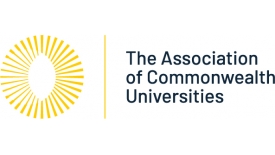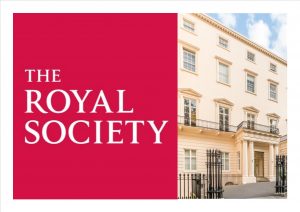
NERC introduced demand management measures in 2012. These were revised in 2015 to reduce the number and size of applications from research organisations for NERC’s discovery science standard grant scheme. Full details can be found in the BU policy document for NERC demand management measures available here.
As at January 2020, BU has been capped at one application per standard grant round. The measures only apply to NERC standard grants (including new investigators). An application counts towards an organisation, where the organisation is applying as the grant holding organisation (of the lead or component grant). This will be the organisation of the Principal Investigator of the lead or component grant.
BU process
As a result, BU has introduced a process for determining which application will be submitted to each NERC Standard Grant round. This will take the form of an internal competition, which will include peer review. The next available standard grant round is July 2020. The deadline for internal Expressions of Interest (EoI) which will be used to determine which application will be submitted is 27th March 2020. The EoI form, BU policy for NERC Demand Management Measures and process for selecting an application can be found here: I:\RDS\Public\NERC Demand Management 2020.
NERC have advised that where a research organisation submits more applications to any round than allowed under the cap, NERC will office-reject any excess applications, based purely on the time of submission through the Je-S system (last submitted = first rejected). However, as RDS submit applications through Je-S on behalf of applicants, RDS will not submit any applications that do not have prior agreement from the internal competition.
Following the internal competition, the Principal Investigator will have access to support from RDS, and will work closely with Research Facilitators and Funding Development Officers to develop the application. Access to external bid writers will also be available.
Appeals process
If an EoI is not selected to be submitted as an application, the Principal Investigator can appeal to Professor Tim McIntyre-Bhatty, Deputy Vice-Chancellor. Any appeals must be submitted within ten working days of the original decision. All appeals will be considered within ten working days of receipt.
RDS Contacts
Please contact Lisa Andrews, RDS Research Facilitator – andrewsl@bournemouth.ac.uk if you wish to submit an expression of interest.
 Deadline for expression of interest: 12pm on 28th August 2020.
Deadline for expression of interest: 12pm on 28th August 2020.






















 Dr. Ashraf cited on ‘Modest Fashion’ in The Guardian
Dr. Ashraf cited on ‘Modest Fashion’ in The Guardian NIHR-funded research launches website
NIHR-funded research launches website Academics write for newspaper in Nepal
Academics write for newspaper in Nepal New paper published on disability in women & girls
New paper published on disability in women & girls MSCA Postdoctoral Fellowships 2025 Call
MSCA Postdoctoral Fellowships 2025 Call ERC Advanced Grant 2025 Webinar
ERC Advanced Grant 2025 Webinar Horizon Europe Work Programme 2025 Published
Horizon Europe Work Programme 2025 Published Horizon Europe 2025 Work Programme pre-Published
Horizon Europe 2025 Work Programme pre-Published Update on UKRO services
Update on UKRO services European research project exploring use of ‘virtual twins’ to better manage metabolic associated fatty liver disease
European research project exploring use of ‘virtual twins’ to better manage metabolic associated fatty liver disease